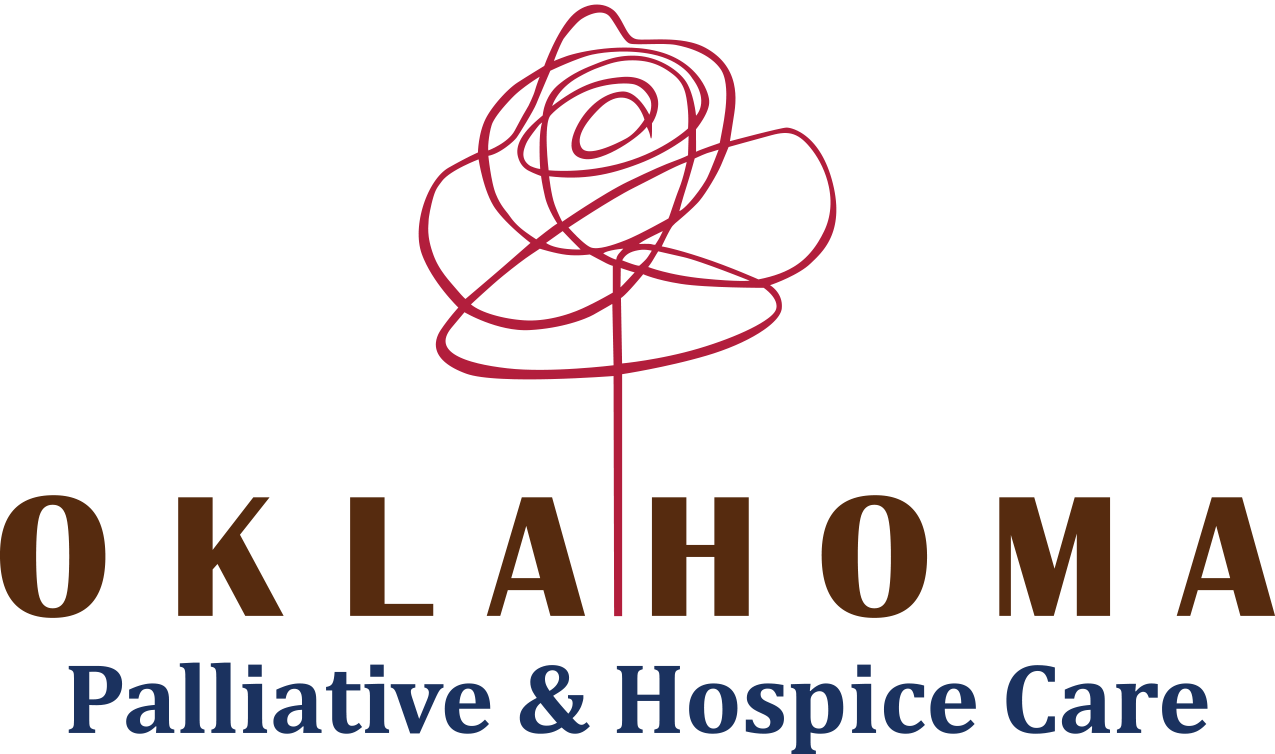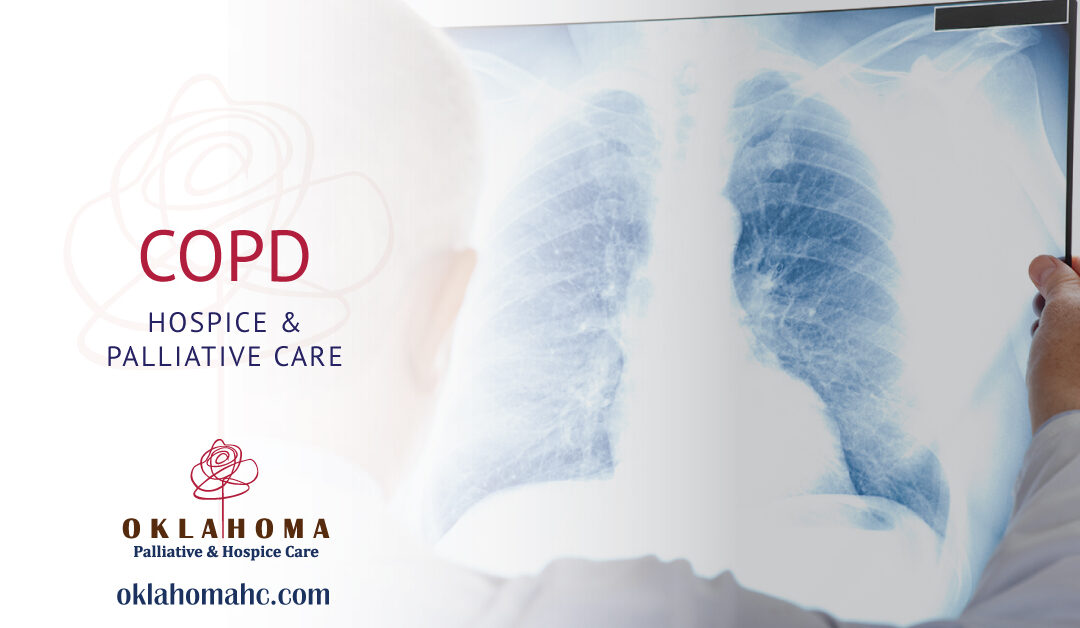One of the biggest concerns among end-stage COPD patients and their families is how to handle not being able to breathe? Hospice and palliative care help alleviate this concern.
What is COPD?
Chronic Obstructive Pulmonary Disease, or COPD, is a chronic inflammatory lung disease. The disease creates airflow limitations from the lungs. Symptoms of COPD include difficulty breathing, cough, mucus production, and wheezing. COPD is commonly caused by long-term exposure to irritating gases and particulate matter — most often from cigarette smoke.
How Palliative Care Can Help
Palliative care focuses on keeping the patient comfortable and assisting them and their family during the illness. Palliative care includes social and emotional support and physical health. It also helps keep all members of the patient’s medical team apprised of the care plan.
As COPD progresses, patients often develop repeated lung infections, and walking and breathing become difficult. Palliative care helps patients manage many symptoms and needs, including:
- Pain
- Nausea
- Fatigue
- Weight loss
- Depression and anxiety
- Shortness of breath
- Supplemental oxygen
- Emergency planning
How Hospice Can Help
In the last six months of a patient’s life, palliative care becomes hospice care. This happens when the COPD is no longer able to be treated, and the focus is shifted from treatment to comfort care — support that provides the patient with dignity and peace in addition to dying on their own terms. You can receive both hospice and palliative care round- the- clock at home, in a hospital, assisted living facility, or hospice center.
Hospice manages all aspects of end-stage COPD. Hospice interdisciplinary teams help COPD patients with:
- Preparing an emergency plan for when the patient can no longer breathe.
- Guiding the patient and their family through power of attorney (POA), living will, and all other legal and medical documents.
- Managing pain and other symptoms.
- Overseeing all medications, equipment, and supplies, including oxygen.
- Dressing, bathing and eating.
- Round-the-clock care and support.
COPD can be a frightening and overwhelming diagnosis. But, there are trained, experienced hospice and palliative care professionals who are prepared to guide you and your family through the process while ensuring maximum comfort and peace. Contact us today to find out more.

